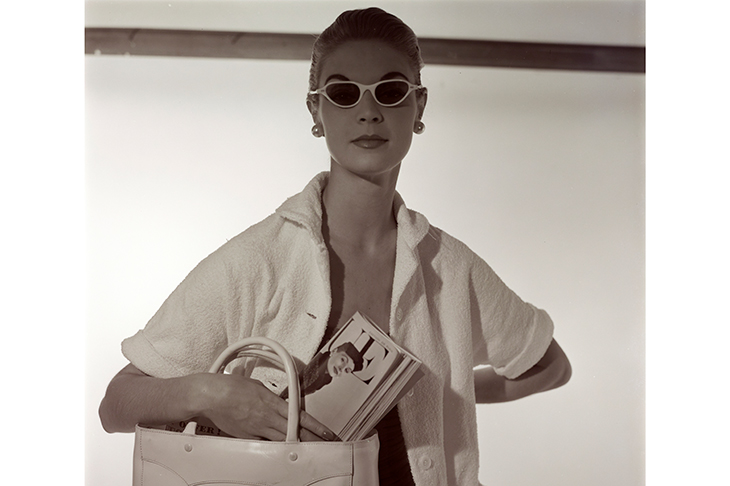‘What job do you want here?’ asked the editor of Vogue, interviewing a young hopeful. From behind her black sunglasses the 24-year-old replied coolly:‘Yours.’ It took time, but she got it. The girl was, of course, Anna Wintour. Now she is the global Vogue supremo and queen of fashion, before whose lightest frown the whole industry quakes, and the magazine is acknowledged to be the top glossy.
Its beginnings were small. It was launched on 17 December 1892, at a cost of ten cents an issue, and its dedicated founder struggled to keep it going. Its first editor was passionate about animals and its second was a female golfer with no previous publishing experience. Not until it was bought by the genius Condé Nast, then at the outset of his career, did Vogue become established. When Nast realised that anyone selling luxury goods had a hard time reaching their market, he arrived at his winning formula: the female-centred, class-based, shiny-paper magazine that lured in the tiny percentage of women who could afford these expensive desirables.

Get Britain's best politics newsletters
Register to get The Spectator's insight and opinion straight to your inbox. You can then read two free articles each week.
Already a subscriber? Log in






Comments
Join the debate for just £1 a month
Be part of the conversation with other Spectator readers by getting your first three months for £3.
UNLOCK ACCESS Just £1 a monthAlready a subscriber? Log in